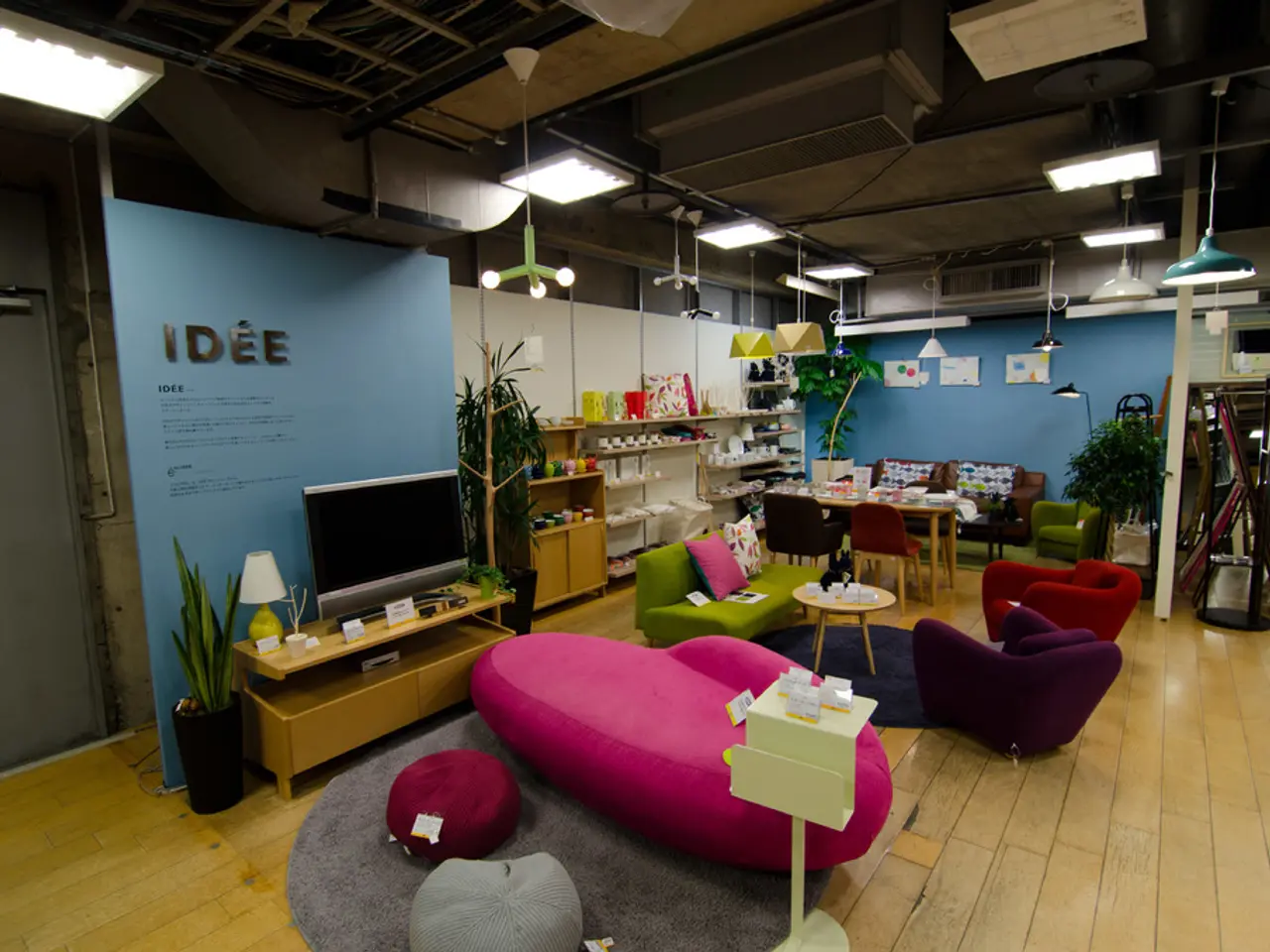Modern Home Automation System | Explore the Latest Technological Advancements
In the modern home, convenience, energy efficiency, and security are paramount. Enter the home automation server, a central hub that acts as the brain behind all connected devices, enabling them to communicate and work together seamlessly.
A home automation server offers a multitude of benefits. With it, you can control all your devices from a single app or interface, creating a simplified and enhanced living experience. It's like having a personal assistant for your home, managing tasks such as automatically locking doors, turning off lights, and adjusting the thermostat when you leave.
Choosing the right home automation server is crucial. Factors to consider include compatibility with smart devices, ease of setup and use, integration with voice assistants, and customization and flexibility. Popular home automation servers in 2025 include Home Assistant, Aqara Hub M2, Samsung SmartThings, Google Home, Amazon Alexa, and Apple HomeKit.
Home Assistant, favoured by tech-savvy and privacy-conscious users, is an open-source platform that offers full control over your home automation system. It supports a wide variety of smart devices and protocols, making it highly customizable. Aqara Hub M2 offers broad compatibility with major smart home ecosystems and voice assistants, ensuring seamless integration with many smart devices.
Samsung SmartThings provides a stable platform compatible with numerous smart devices and supports major voice assistants, maintaining a consistent market presence. Google Home currently leads the market, compatible with many smart devices and providing strong support for Google Assistant. Amazon Alexa is the second most popular voice assistant platform, compatible with a broad range of devices and ecosystems. Apple HomeKit is growing among iOS users and integrates well with Apple devices and compatible HomeKit accessories.
In addition to these, there are DIY options for home automation servers. Using a Raspberry Pi combined with open protocols and software like Python-based REST servers offers a low-cost, customizable solution for those who prefer a hands-on approach.
Popular smart home devices that integrate with these automation servers and voice assistants include smart speakers, smart TVs, smart thermostats, robot vacuum cleaners, smart plugs and outlets, smart doorbells (notably Ring and Google Nest), indoor security cameras, smart lighting systems, leak and moisture sensors, and smart locks.
In summary, Home Assistant and Aqara Hub M2 stand out for broad compatibility with multiple ecosystems and voice assistants, while Google Home, Amazon Alexa, Apple HomeKit, and Samsung SmartThings dominate the market with strong device and voice assistant support. Choosing the right home automation server that suits your needs and preferences can significantly improve your daily life, enhancing convenience, energy efficiency, and security in your home.
A home automation server can extend your lifestyle beyond conventional living by integrating smart home devices, encompassing home-and-garden appliances, technology gadgets, and voice assistants. With a well-chosen server, you can reap the benefits of energy-efficiency, as your home devices communicate and perform tasks automatically. For example, the Google Home server can connect to your smart lights, thermostat, and door locks for a seamless experience, ultimately enhancing your home's comfort and security.








